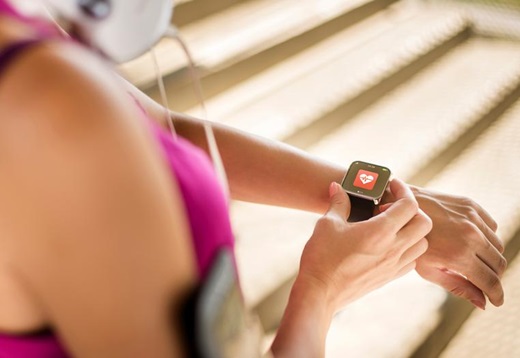5 Heart Numbers You Need to Know
Call it a health numbers game. Knowing just a few key metrics can provide a pretty accurate picture of your current cardiac fitness—and give you ongoing motivation to maintain healthy heart numbers and improve less healthy ones.

Five key things to track to know your numbers:
How many steps you take per day
Moving a lot improves every other heart-health measure and disease risk, says Blaha. That’s why he often urges walking up to 10,000 steps a day, or almost five miles. Another rule of thumb is to exercise 150 minutes per week. “It’s better to be active than inactive,” Blaha says.
Your blood pressure
High blood pressure, or hypertension, has no symptoms; it can only be detected by being measured. A score of 120/80 is optimal, and 140/90 is normal for most people. Higher readings mean that arteries aren’t responding right to the force of blood pushing against artery walls (blood pressure), directly raising the risk of heart attack or stroke.
Your non-HDL cholesterol
That’s your total cholesterol reading minus your HDL (high-density lipoprotein) cholesterol, a measure of fats in the blood that can narrow and clog arteries to the heart. Lower is better: Aim for a score lower than 130 mg/dL or, if you’re at a high risk of heart disease, lower than 70–100 mg/dL.
Your blood sugar
High blood sugar ups your risk of diabetes, which damages arteries. In fact, type 1 and type 2 diabetes are among the most harmful risk factors for cardiovascular disease.
How many hours of sleep a night you get
Although there’s no one “right” answer for all, consistently getting the number of hours that works for you helps lower the risk of heart disease, Blaha says. Most people need to sleep six to eight hours a night.
What the Experts Do Pay Attention to the Numbers
“I have been using a fitness tracker for years,” says Johns Hopkins cardiologist Seth Martin, M.D., M.H.S. “It’s changed my habits, because I check the numbers every day.” When he started tracking, Martin typically hit 5,000 steps per day. “That was illuminating,” Martin says. “Sometimes it would be as low as 2,000.” Since he started checking his number at the end of the workday, he meets or exceeds his goal—10,000—almost every day. He holds walking meetings with colleagues or just takes a walk when possible, and he skips the elevator. If he’s short of his goal after work, he makes a concerted effort to get there by hitting the gym, tennis court or golf course, or by simply going for a walk outside. “Watch your numbers and take action,” he says. “It’s motivating. It works.”






